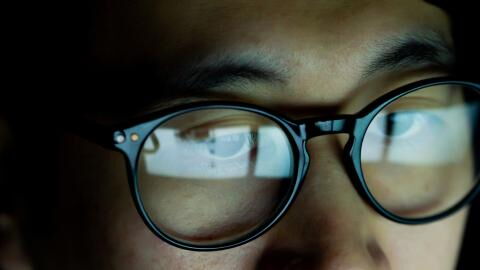Here's some news that should delight Londoners: according to a recent study, living longer could be synonymous with walking quickly. To establish this surprising correlation, researchers at the University of Leicester, in the United Kingdom, looked at the data from a previous scientific publication, which concluded that people who walk slowly are twice as likely to develop cardiovascular disease.
Discover our latest podcast
Following this discovery, academics at Leicester decided to go a step further, studying the mortality rate in a more comprehensive manner. Their results are clear: walking more quickly could allow you to add on average an extra year to your life... and all this without taking into account the bulk of the person, their BMI, or even their potential tobacco addiction.
The effects of a sedentary lifestyle
As for the numbers, here is what the researchers have found: after having studied the data from 474,919 people, it appears that women who walked quickly had a longer life expectancy, from 86.7 to 87.8 years. For men, life expectancy fluctuated between 85.2 and 86.8 years. In addition, the group of people possessing the lowest life expectancy brought together those who were thinnest and walked slowly.
Our study could allow us to clarify the relative importance of physical fitness in relation to weight for a person’s life expectancy”, revealed Dr Tom Yates, the main author of the study. “In other words, our results suggest that physical fitness is perhaps a better indicator of life expectancy than the Body Mass Index (BMI).
While multiple studies have shown over the years that walking is good for our health, we now possess concrete evidence of this. The moral of the story: to live to old age, walk (and quickly)!















